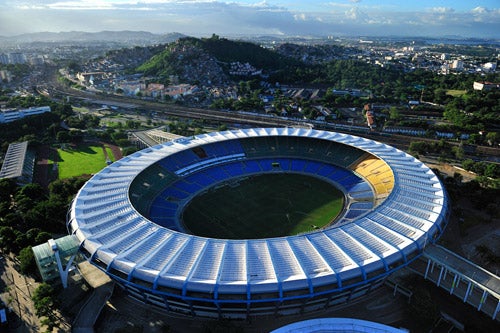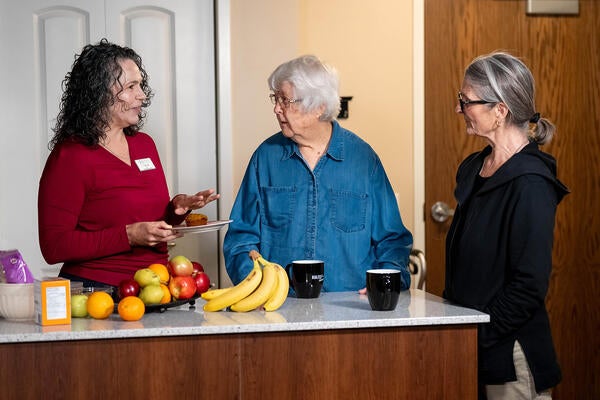
Can two countries host the Olympics Games together?
New regulations will allow multiple cities to share a single bid, but Waterloo research suggests cities will have to find new ways to rally support

New regulations will allow multiple cities to share a single bid, but Waterloo research suggests cities will have to find new ways to rally support
By Christine Bezruki Faculty of Applied Health SciencesAlong with the prestige, hosting the Olympic Games comes with a hefty price tag— one most cities, including Rio de Janeiro, can’t afford. But come 2024, the days of a single city footing the bill for the Olympics may be a thing of the past.
Last year, the International Olympic Committee (IOC) approved new regulations allowing multiple cities — and even countries — to partner in hosting the Games. While the arrangement would diffuse the event’s economic burden, new Waterloo research suggests the model isn’t as perfect as it appears on paper.

Financial burden on Olympic host cities - such as Rio de Janeiro, pictured above - could be reduced using a multiple-host city arrangement. iStock/dolphinphoto.
“The way cities currently generate support from residents to host the Games won’t work in multiple cities,” said Jordan Bakhsh, a first-year Master’s student in Recreation and Leisure Studies, who presented findings from his undergraduate thesis project on the topic at the International Symposium for Olympic Research in Brazil in late July.
Demonstrating resident support for the Games is key to advancing past the first stage of the bidding process. The IOC eliminates any bid that does not demonstrate sufficient citizen support for the event in the first round of review.
Traditionally, cities rely on an understanding of their residents’ community concerns, attachment levels and economic attitude to shape messaging and garner support. But in a randomized study, Bakhsh found that these factors don't have significant influence on residents' support in a multiple host-city bid arrangement.
“Basically, we need to develop new ways to rally support for the Olympic Games if the multiple-host city arrangement will work,” said Bakhsh. “Cities won’t just need to understand what matters to their own citizens, they will need to understand what their citizens think of potential partner cities and the opinions in those cities. It becomes much more complicated.”
Albeit complicated, a multiple-host city arrangement does have benefits. “Allowing cities to partner could make hosting the Olympics attainable for smaller countries,” said Bakhsh.
The arrangement would also allow cities to avoid massive debts, like Vancouver’s $1 billion loss after the 2010 games, or Athens’ $15 billion loss following the 2004 Olympics.
“At the end of the day, if we can understand how to make this work in terms of demonstrating the necessary support to advance past the first stage of the bidding process, then we can really think of this as a new era for the Olympic Games. Potentially one that is win-win for all involved.”

Read more
The Government of Canada announces funding to support research in food policies and medical devices

Read more
How machine learning empowers collaboration between computer science, math and medical research

Read more
Dr. Heather Keller discusses the need to transform mealtimes in Canada’s long-term care homes from a service to a meaningful form of care
The University of Waterloo acknowledges that much of our work takes place on the traditional territory of the Neutral, Anishinaabeg, and Haudenosaunee peoples. Our main campus is situated on the Haldimand Tract, the land granted to the Six Nations that includes six miles on each side of the Grand River. Our active work toward reconciliation takes place across our campuses through research, learning, teaching, and community building, and is co-ordinated within the Office of Indigenous Relations.